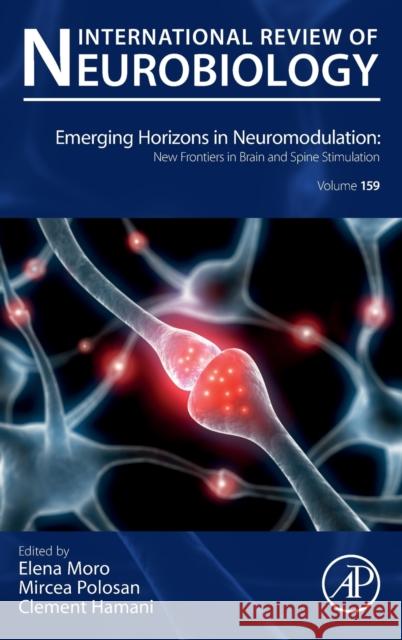Emerging Horizons in Neuromodulation: New Frontiers in Brain and Spine Stimulation: Volume 159 » książka
topmenu
Emerging Horizons in Neuromodulation: New Frontiers in Brain and Spine Stimulation: Volume 159
ISBN-13: 9780128222980 / Angielski / Twarda / 2021 / 288 str.
Kategorie:
Kategorie BISAC:
Wydawca:
Academic Press
Seria wydawnicza:
Język:
Angielski
ISBN-13:
9780128222980
Rok wydania:
2021
Numer serii:
001160895
Ilość stron:
288
Waga:
0.55 kg
Wymiary:
22.86 x 15.24 x 1.75
Oprawa:
Twarda
Wolumenów:
01











